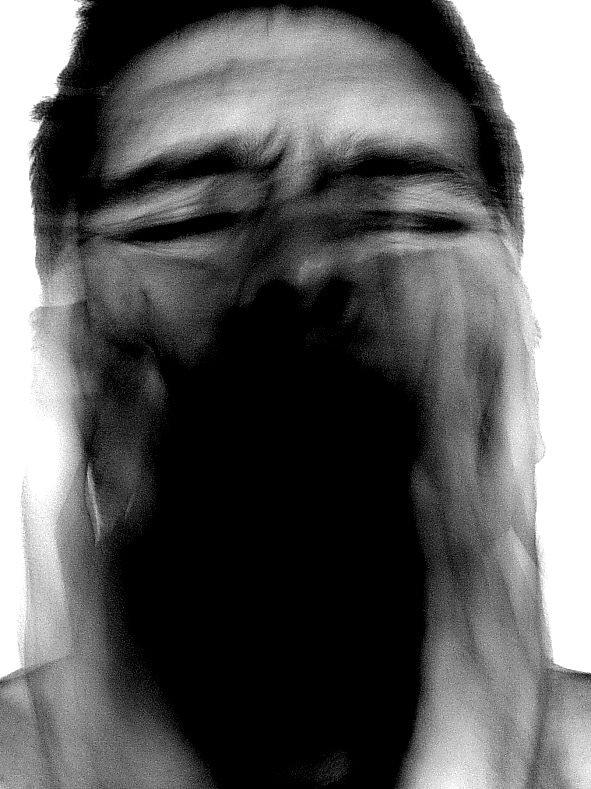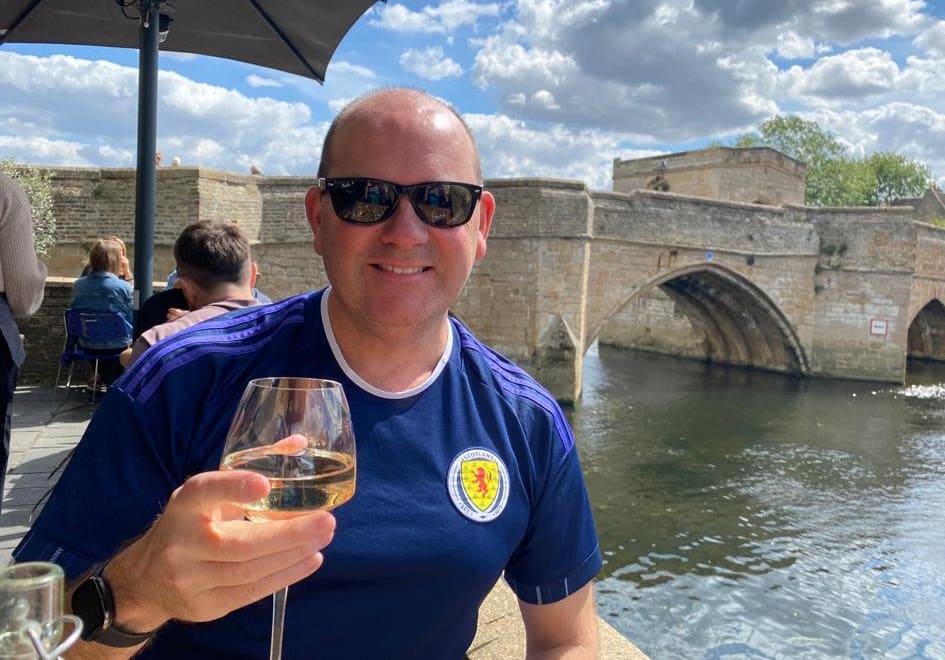KNOCKING THE TOP OFF – ALCOHOL AND EMOTIONS
This post explores the final component to the psychology that drives binge drinking – Emotional Intelligence. Emotional Intelligence (in my view) is the ability to manage our emotions and understand the emotions and feelings of others. I would like to explore how in western society, we largely put alcohol in charge to do this for us.
The HSM project has garnered a significant amount of interest from people from all walks of life. Wherever I go, when it comes up in conversation, people really want to find out what if feels like, what kind of person I am and moreover, why the hell I am doing it.
Whether I’m a Christian fundamentalist or an ex-alcoholic or an attention seeker. It’s fascinating. I believe you can learn so much about a person by the way (and quality of) the question they ask. However, regardless of the person, the two questions that nearly everyone wants answers from me are; 1) Are you going to drink at the end of the year? and; 2) What do you miss most?
The answer to that second question is what this post is about. The thing I miss most about not being able to drink happens about 6pm on Friday afternoon. For me alcohol played the part of being a physical full-stop. Those of you that know me, would know that I am a pretty intense person. I kind of like to throw myself into things and patience always seems to me like the vegies on the side of the plate that I know are good for me... but I wish they weren’t there. I often lose myself in my work and projects forget to take time out for myself. Previously, drinking was the physical cut off point from that. With out it, I have really had to learn to set limits on myself, otherwise I have found I just burn out.
On Saturday night I was at my brother, Cam’s, 30th birthday with a whole raft of family packed around the table. It took me a good 2hrs to close all the screens from work I had open in my head before I could have a decent conversation anyone. Last year, all I had to do was knock the top off one and even the action would make my mind switch off.
Being able to switch off by just having a sip of liquid is what I believe I miss most. I think I’m getting better at it, but it takes a lot longer than it used to. It’s been a long process and one very much of trial and error but I have started to force myself to stop, breath, relax, walk away, smile without any external help.
Looking at others and how alcohol is used in a similar manner, there is a whole spectrum of situations that we use alcohol to change our emotional state. Young Australians learn from a very young age to deal with feelings of insecurity, relaxation, grief, pain and happiness all with the management of external stimuli with the assistance of drugs and alcohol. Our research has shown that there is a direct association in young Australians that ‘drinking makes one feel good’; a sentiment that is crystallised by the advertising industry. And it does. Drinking makes us feel awesome, almost immediately. Which is why it is so easy to sell in an instant gratification driven society.
But we all know that none of the best things in life come easy.
Using alcohol to manage all our emotions costs us our freedom. It costs us our ability to be in control of our own emotions. Or more importantly, it costs us the opportunity to learn how to be in control.
As a society we need to questions how drugs like alcohol are used in the rapid manipulation of our emotions. We need to promote an education for young people that will provide them with tools on how they can deal with the emotions that they would normally deal with by drinking to excess. I don’t think that there really is anything out there that does. Any suggestions??











And are you going to drink at the end of the year?
Probably yes. But I hope to think that it will be for very different reasons than why I was drinking before.
Cognitive Behaviour Therapy at Grade 11 Retreats.
Meditation and Mindfulness training for young people.
Dude I think that would be ideal!!
Potentially even earlier!